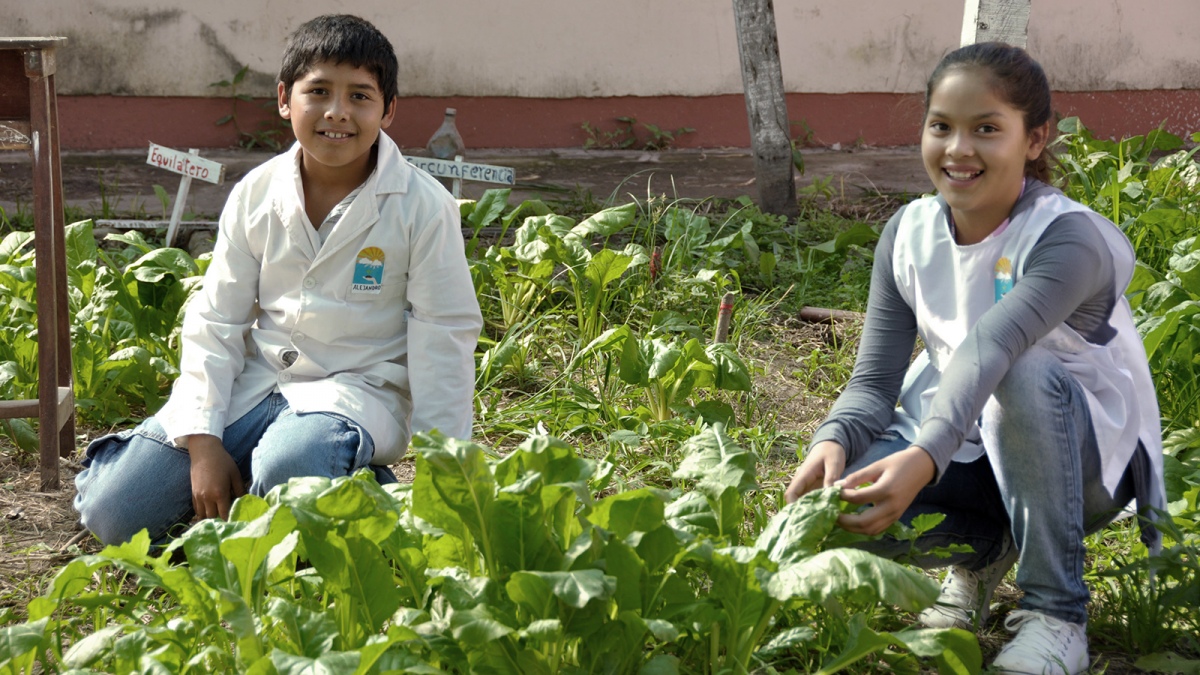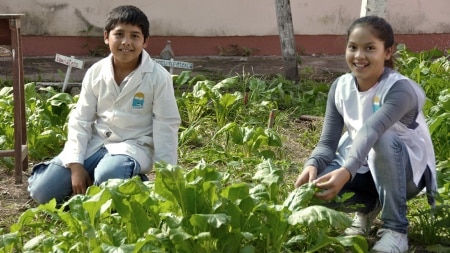
Today, environmental education is more important than ever. In Argentina, we have many challenges ahead to achieve a sustainable future and environmental education is key to face them. The pandemic showed us that the health of people and the health of the planet are closely related and that our way of producing, consuming and living has a negative impact on the environment.
Environmental education is not only about caring for nature, but also includes other pillars such as social equity, environmental justice and sustainable development. It should encourage the active participation of society in decision-making on socio-environmental issues.
New technologies can be a great opportunity. We increasingly have more digital tools and resources that can help disseminate, synthesize and link information on caring for the environment and sustainability. Furthermore, what can be measured can be improved, and technology can be used to measure and monitor the environmental impact of human activities, helping us to correct and optimize our processes.
But we also have to look at the other side of the coin, we have to take into account the challenges that online education presents, for example. Many people in Argentina do not have access to the necessary technology to participate in education in this format and many others have difficulties adapting to this modality. It is important that action is taken from all sectors of society to ensure that everyone has equal access to education in general, regardless of their socio-economic status.
In summary, environmental education is essential to face the current challenges of sustainability and promote sustainable development in Argentina. New technologies can be a great opportunity to promote environmental education, but we must ensure that all people have access to it. It is time that we take our responsibility as citizens of the planet seriously and work together to achieve a sustainable future for all.
Some tips to promote environmental education:
* Many emerging sustainability issues are too new and sometimes complex, so we tend to reduce their approach to a superficial explanation or activity without any impact. It is extremely important to make the effort to understand these problems in order to know where we stand, where we want to go and what stories we want to tell.
* Awareness campaigns: in schools, universities, companies, and in the community in general. They can include talks, workshops, hands-on activities, educational materials, etc.
* Promote experiential learning: through experiences in nature, direct observation of natural processes and phenomena, and direct contact with ecosystems. This allows for a greater understanding and awareness of environmental problems and clears the path towards solutions.
* Incorporate environmental education into the study plans: it is important that environmental education be integrated into the study plans of all educational stages. Specific subjects can be created, but it is advisable to achieve the transversality of the contents in other subjects and fields of life.
* Talk about environmental education on social networks: social networks are a very effective tool to reach a huge number of people from different contexts and with different interests very quickly. You can create specific profiles, post relevant information and share experiences.
* Storytelling is a key tool. Through stories we can teach values, hard knowledge and make a call to action. Our words and our stories are powerful, because they build reality.
* Encourage citizen participation: it is key to encourage citizen participation in environmental issues, so that people can contribute ideas, solutions and projects. Work groups, participation platforms, and environmental volunteer programs can be created.
* Networking: collaboration between institutions, organizations and groups is essential to achieve more impact. Networking, sharing information and coordinating efforts to achieve common goals is a great way to multiply your impact.
Environmental education is the key to a sustainable and livable future. It allows us to become aware of our relationship with the planet and how our actions impact the environment. With it we can learn to care for and protect our home, the Earth, so that it continues to be a habitable place for future generations. Educating ourselves about the environment is educating ourselves for life.
*Maite Durietz, Lic. in environmental management, specialist in sustainability and consultant B (@unaovejaverde).
The opinions expressed are the sole responsibility of the author/author and do not necessarily represent the position of the agency.


